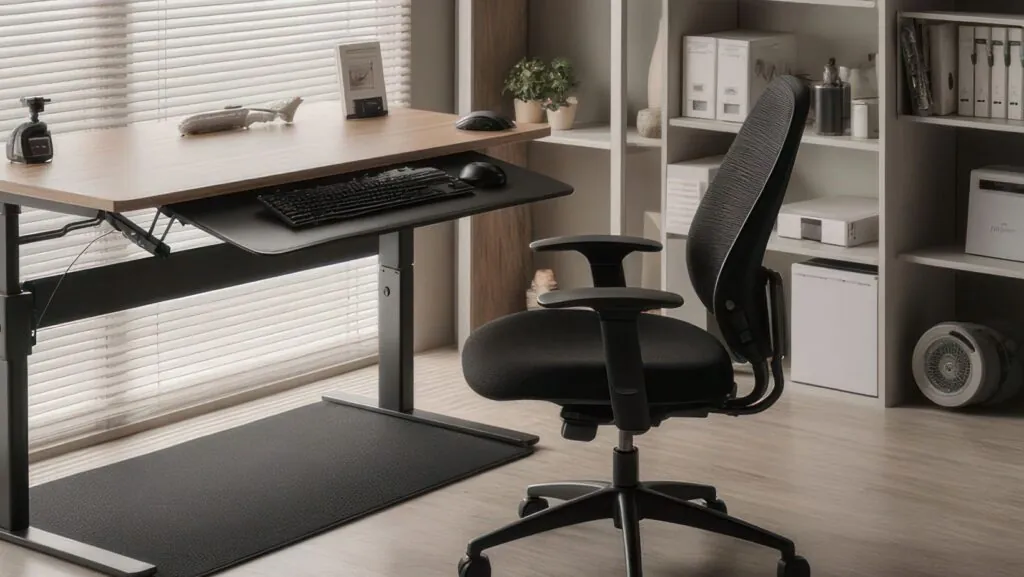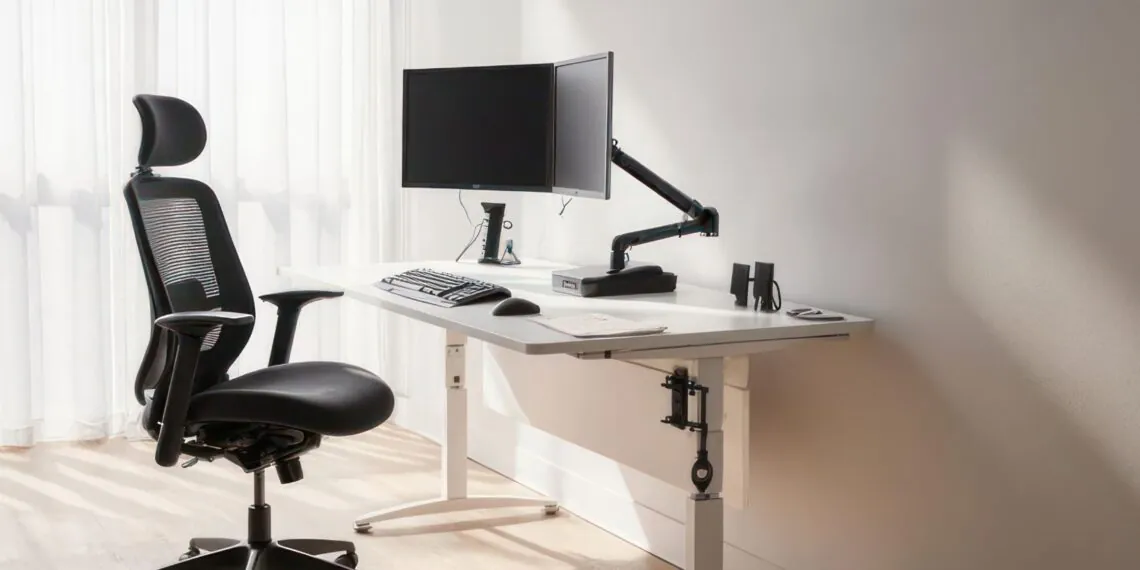A workplace once meant rows of desks and fluorescent lights. Today, it is a landscape of flexibility, collaboration, and inspiration. The modern office lounge represents this evolution perfectly. It is a space where ideas form naturally, conversations flow freely, and employees recharge between meetings. Behind that effortless energy is design, specifically, commercial furniture built for comfort, performance, and imagination.
Rethinking the Modern Office Space
The old boundaries between work and relaxation are fading. Employees no longer want to feel confined to a single desk all day. Lounges bridge that gap by blending the comfort of a living room with the focus of a workspace. Sofas, modular benches, and coffee tables create zones that invite collaboration, creativity, and calm.
These are not random furnishings placed for show. Each piece is chosen with purpose. The shape, texture, and color palette all influence how people think and interact. When designed correctly, an office lounge becomes an ecosystem where every seat supports new ideas.
The Science of Ergonomics in Lounge Design
People often think of ergonomics when they think of office chairs, although its rules apply to all parts of a workspace. Lounge seating that supports posture and movement makes people less tired and more likely to become involved. People think more clearly and work together better when they are comfortable.
Furniture for businesses goes even further with this science. The height of the sofas and armchairs is just suitable for computers and notebooks. The cushions are thick enough to keep their shape while still being soft enough to relax you. Armrests are carefully situated so that long talks or creative sessions don’t feel forced. In this case, comfort isn’t a luxury; it’s a strategy.
Design That Inspires Flow and Focus
Creative thinking thrives in environments that feel both open and intentional. A cluttered or uncomfortable space drains focus. Clean lines, natural light, and balanced furniture layouts restore it. Low tables encourage spontaneous sketching or laptop work, while corner seating creates semi-private pockets for reflection.
The placement of furniture subtly directs energy throughout the room. Circular arrangements promote teamwork. Individual nooks support deep thinking. These subtle choices turn design into a psychological tool that shapes how ideas move from thought to action.
Materials That Mirror Professionalism
Texture and finish are not just aesthetic details; they influence perception. A lounge covered in soft leather or textured fabric conveys warmth and trust. Polished wood tables or powder-coated metal frames suggest precision and quality. In high-traffic environments, these materials must also withstand constant use.
That is why offices increasingly invest in commercial furniture rather than residential pieces. The difference lies in structure. Reinforced joints, stain-resistant fabrics, and high-density foams allow furniture to retain its beauty over time. This lasting polish reflects a company’s own stability and attention to detail.
Lounges as Catalysts for Collaboration
Most of the time, new ideas don’t come about behind closed doors. It grows through talking to each other, meeting up by chance, and sharing energy. Lounges are made to get people talking to each other. Ideas start to flow when individuals get together in comfortable, well-organized surroundings.
A long seat next to a coffee station may turn into a place for people to come up with ideas on the spot. A group of armchairs may become the team’s favorite place to get updates. These small spaces encourage communication without making it happen. When the furniture is arranged correctly, working together feels more natural than planned.
Balancing Work and Wellness
Mental clarity and physical ease are deeply connected. Employees who feel physically comfortable are more productive and more engaged. Ergonomic commercial furniture supports posture, reduces pressure points, and allows free movement throughout the day. This subtle physical support contributes to overall wellness.
At the same time, soft lighting, natural materials, and soothing color tones promote relaxation. Together, they turn the lounge into a restorative space where people can recharge without leaving the workplace. This balance between comfort and focus is the foundation of long-term productivity.
Adaptable Designs for Evolving Workstyles
The pace of work is constantly changing. Teams grow, projects shift, and offices evolve. Modular furniture gives companies the freedom to adapt without constant redesign. Sofas that separate into individual seats, tables that adjust in height, and stools that stack easily make reconfiguration effortless.
Commercial furniture manufacturers understand this need for adaptability. Their designs combine flexibility with structural strength, allowing spaces to evolve in hours rather than days. This adaptability is a modern form of efficiency that supports both creativity and practicality.
Aesthetic Consistency and Brand Identity
An office lounge is also a visual representation of company culture. Every detail, from the color of a couch to the texture of a tabletop, communicates personality. Minimalist brands may choose clean neutrals and crisp lines, while creative firms lean toward bolder colors and mixed materials.

The key is consistency. When the furniture aligns with the company’s voice, employees feel a sense of belonging. Clients, in turn, recognize a brand that is confident, cohesive, and contemporary. Furniture becomes an extension of storytelling, turning interiors into part of the company narrative.
Spaces That Think as Creatively as People Do
An ergonomic office lounge doesn’t only decorate a place; it also changes how people think, connect, and create. The correct commercial furniture turns plain seating areas into places where people can focus and relax, giving their minds just enough time to come up with fresh ideas. These lounges facilitate the natural flow of modern work by combining comfort with usefulness. They help people work together while also giving them a place to relax and get inspired.
Every surface, texture, and shape is important. Commercial furniture made for performance keeps workers interested, comfortable, and full of energy all day long. These kinds of workplaces don’t just boost productivity; they also create a culture where new ideas emerge easily and creativity is second nature. As workplaces change, the best ones will not only look attractive, but also be smart, able to shift as quickly as the people who work in them.









